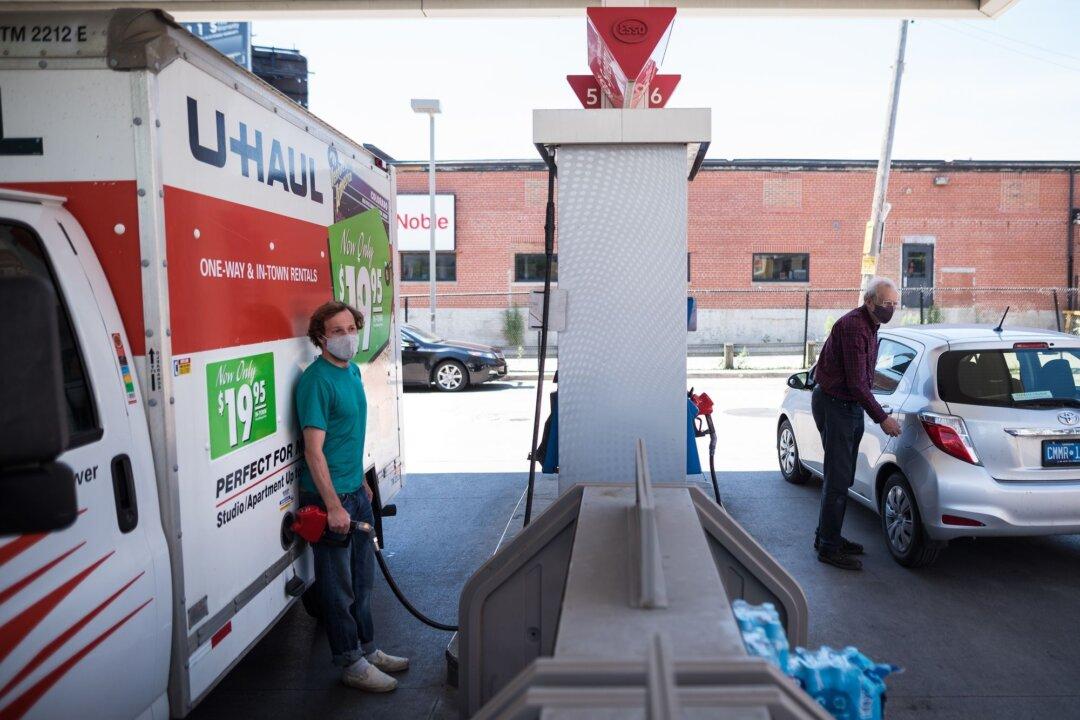As the federal carbon tax rises—costing Albertans more than others, according to a recent government report—Alberta’s finance minister says the government should “eliminate the tax all together.”
“We urge the federal government to take the affordability crisis seriously and to immediately cancel the increase to the federal carbon tax, or better yet, eliminate the tax all together,” said Minister of Finance Travis Toews in a statement released April 1, the day the carbon price on fuel rose 30 percent.





